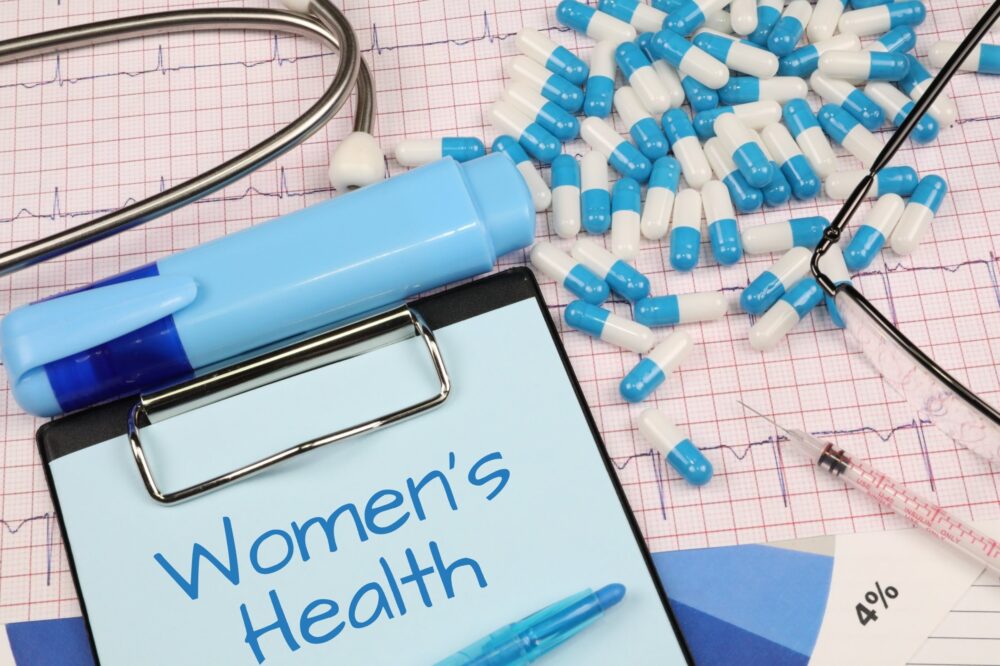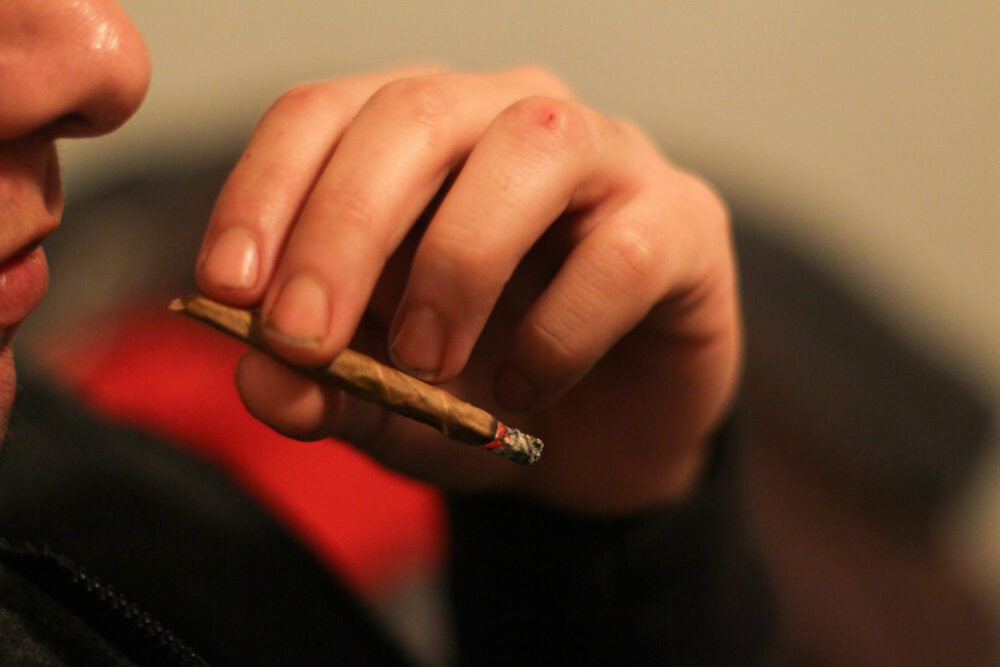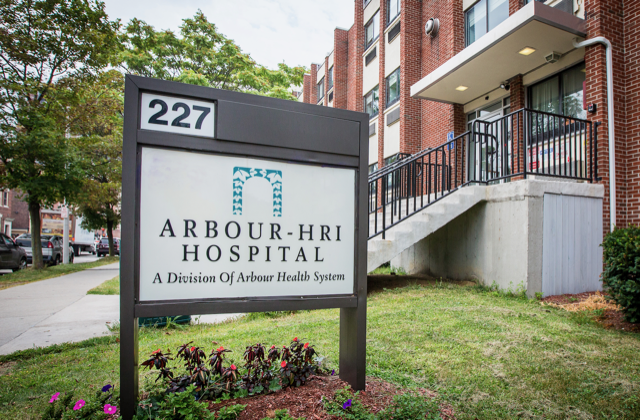The moral quandary of ‘The Last of Us’: Scientific and ethical implications in the search for a cure
This article contains spoilers for Naughty Dog and HBO’s “The Last of Us.” The recent television adaptation of Naughty Dog’s critically acclaimed video game “The Last of Us” has sparked renewed attention to its source material. The game paints a dismal picture: Humanity has fallen to the cordyceps fungus, which infects humans and takes complete […]








